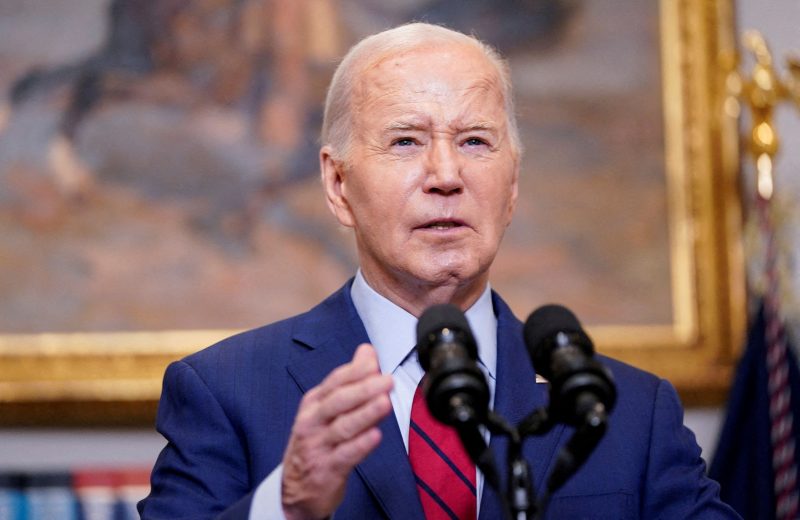
Biden Administration Walks the Tightrope with Rafah Invasion Decision
In recent weeks, the Biden administration has found itself balancing on a delicate tightrope when it comes to the escalating tensions surrounding the ongoing conflict in Rafah. The administration’s responses and actions have been closely scrutinized as they navigate a thorny issue that has far-reaching implications both domestically and internationally. The intertwined dynamics of the conflict, the players involved, and the geopolitical considerations have added layers of complexity to an already volatile situation.
At the heart of the matter lies the moral and legal responsibility of the United States to uphold human rights and protect civilians in areas of conflict. The Biden administration’s public condemnations of the violence in Rafah have been clear and unequivocal, emphasizing the need for a ceasefire and calling for the protection of innocent lives. However, the administration’s actions on the ground have not always aligned with these statements, leading many to question the sincerity of their commitments.
One of the central challenges facing the Biden administration is the delicate balance between supporting its longstanding ally, Israel, and upholding its stated commitment to human rights and international law. The United States has a long history of providing military and diplomatic support to Israel, and the Biden administration has continued this tradition by approving significant arms sales to the Israeli government. This support has placed the administration in a difficult position, as it tries to condemn the violence in Rafah while simultaneously arming the Israeli military.
Moreover, the Biden administration is also dealing with internal political pressures that complicate its response to the conflict. The influence of pro-Israel lobbying groups and domestic political considerations have led some critics to accuse the administration of prioritizing the interests of Israel over the rights of Palestinian civilians. This has created a perception of inconsistency in the administration’s approach to the conflict, further fueling the controversy surrounding its handling of the situation.
Internationally, the Biden administration faces the challenge of maintaining its credibility and influence on the global stage. The United States has long positioned itself as a champion of human rights and a proponent of international law, but its actions in Rafah have raised doubts about the sincerity of these commitments. As other countries, organizations, and individuals call for a more robust response to the conflict, the Biden administration must carefully navigate the diplomatic waters to avoid further eroding its standing in the international community.
Looking ahead, the Biden administration must chart a course that balances the competing interests at play in the conflict in Rafah. It must find a way to uphold its commitments to human rights and international law while also supporting its ally Israel and navigating domestic political pressures. This will require careful diplomacy, strategic decision-making, and a clear commitment to dialogue and negotiation as a means to resolve the conflict and prevent further loss of life.
In conclusion, the Biden administration finds itself straddling a fine line on the Rafah invasion, grappling with the complexities of balancing competing interests and navigating a volatile and high-stakes conflict. In the days and weeks ahead, the administration’s responses and actions will be closely watched and analyzed, as they seek to find a way forward that upholds their principles and values while addressing the challenging realities on the ground in Rafah.
